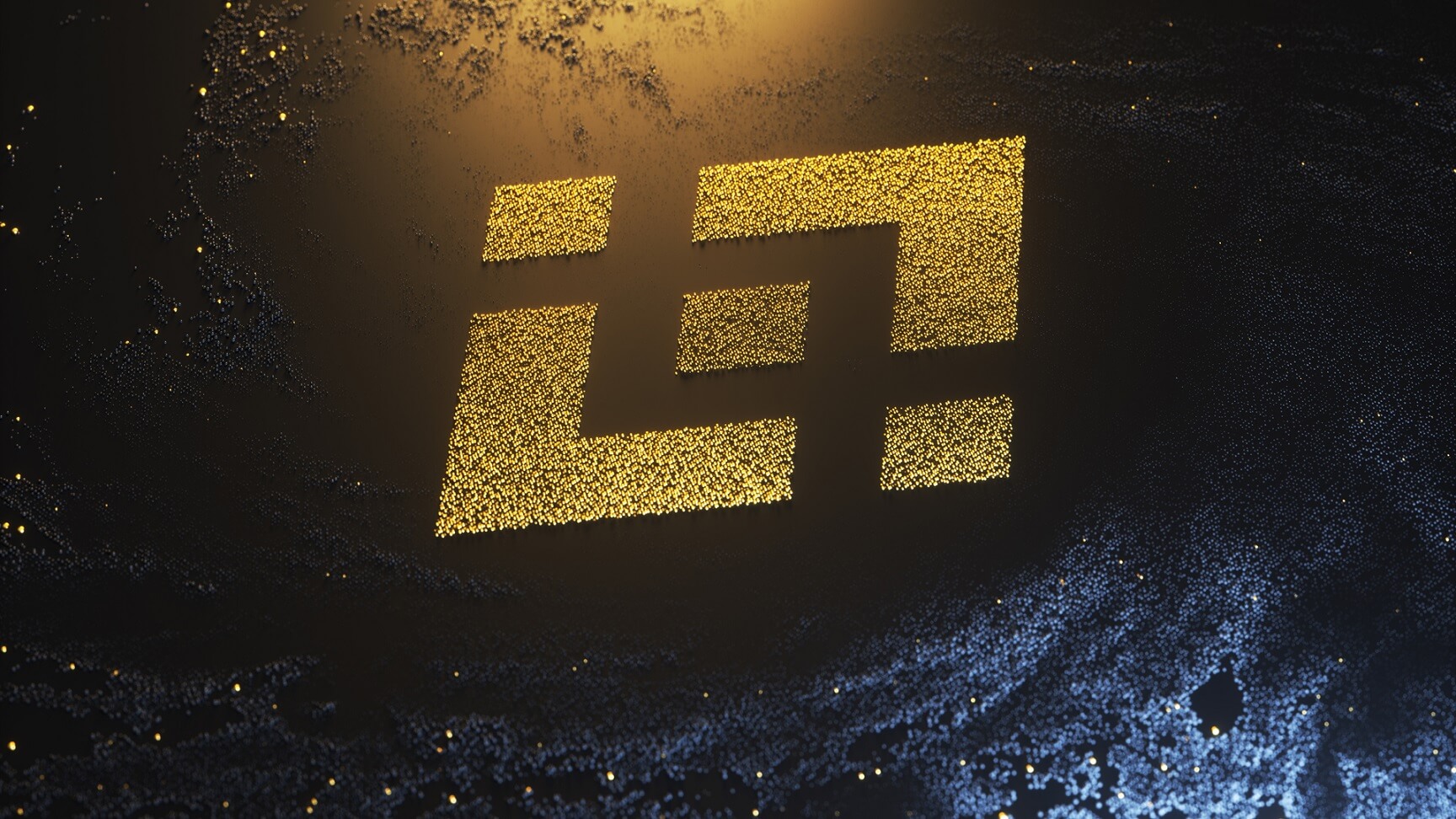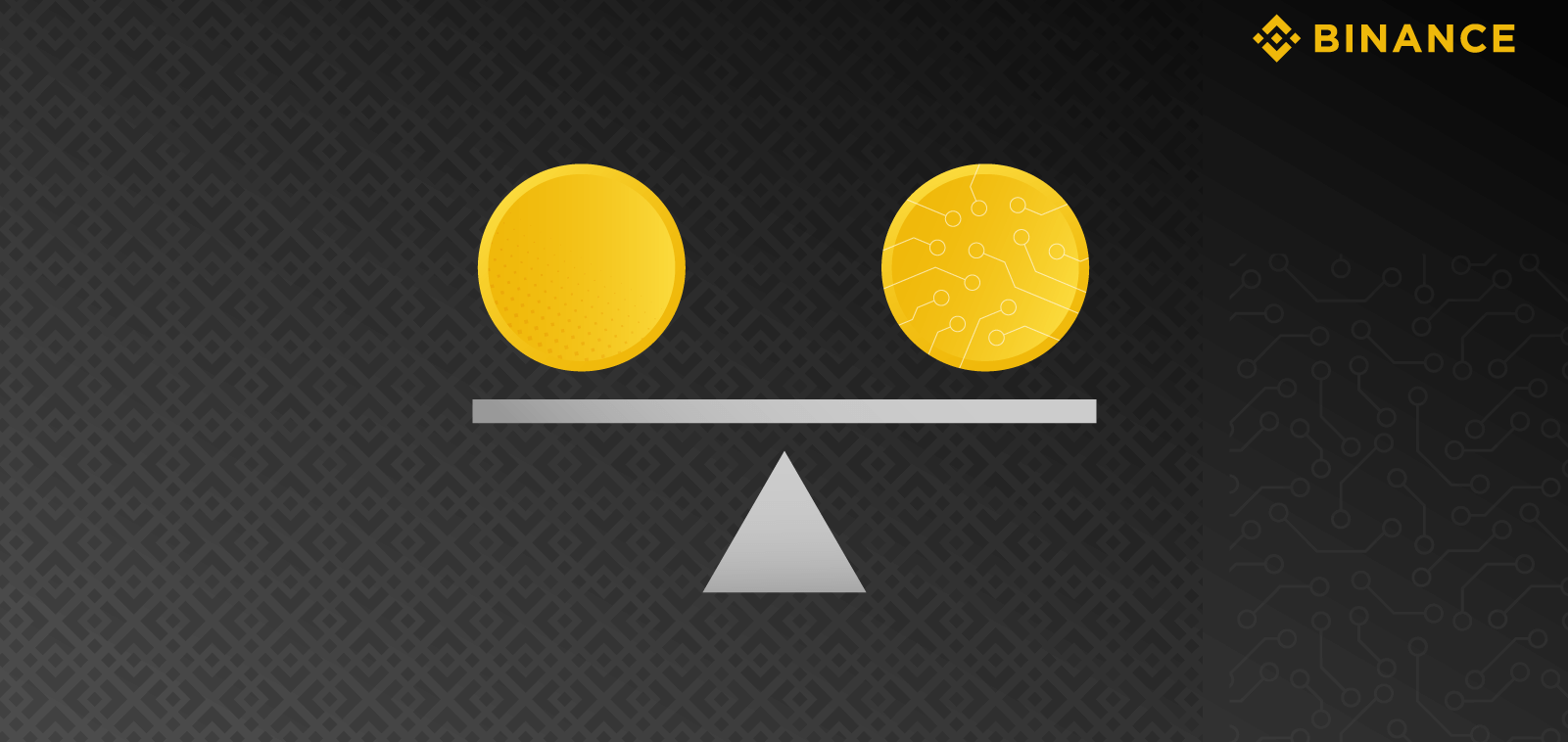The big picture: Cryptocurrency exchange platform Binance has announced it will take on Facebook, a $50+ billion a year giant with a cryptocurrency project of its own. Dubbed "Project Venus," it is part of the exchange's plan to grow into an epicenter for digital assets. Binance has asked from the get-go for the involvement of governments and enterprises, but there's still a big possibility that Venus might end up as yet another speculative token among many others that exist today.

The world's largest cryptocurrency exchange by volume is planning to take on Facebook's Libra with a blockchain called Venus. While details are scarce, Binance's press release does offer a few hints at what to expect from what appears to be the first fully-fledged Libra competitor.
The new initiative deviates a bit from the concept put forward by Facebook in that Binance wants to leverage its "public chain technology and cross-border payment system for secure operations of new stablecoins." More specifically, it wants to create localized cryptocurrencies that are tied to a traditional asset such as gold or local currency.
To give you an idea of what they might look like, Binance has already issued several of them such as the Bitcoin-pegged BTCB and the British Pound-pegged BGBP. The idea is to use the already well-established Binance Chain infrastructure as a platform for the new stablecoins, which are targeted at both developed and developing countries.
Binance is seeking to forge new partnerships with enterprises, blockchain companies and governments to assist in its efforts, and "will provide full-process technical support, compliance risk control system and multi-dimensional cooperation network to build Venus." With them, the exchange hopes to create a global-scale digital ecosystem that is open and built on trust.

Trust isn't a luxury that Facebook has right now, which is the reason why regulators are carefully combing through the company's documentation on its Libra cryptocurrency and asking a lot of questions about compliance with laws and regulations. By comparison, Binance has a relatively clean track record and isn't taking the market by storm. Its open approach is also less likely to invite the same criticism as Facebook, who is looking to use its dominance in social media to gain an advantage with Libra and the associated Calibra digital wallet that is set to arrive next year.
Binance co-founder Yi He told CoinDesk that he believes "stablecoins will progressively replace traditional fiat currencies in countries around the world, and bring a new and balanced standard of the digital economy." However, he's not the only one who sees their potential - last year we saw Gemini and Paxos launching a USD-pegged stablecoin, and Circle quickly followed with its USDC alternative.
It's worth noting that not too long ago some experts considered cryptocurrencies to be a failed experiment. Companies like Apple are steering clear of them with their new financial services and their value is too speculative to consider as a good investment. It also doesn't help that just as the cryptocurrency phenomenon is set to reach critical mass, billions of dollars worth of digital assets have been stolen from exchanges in the last year alone.
In any case, Binance likely sees Facebook's regulatory troubles as the perfect opportunity to deliver an alternative to Libra that people can trust. Exactly how it will tackle security and privacy remains to be seen, but its Venus initiative is a sign that we're about to see even more alternatives soon enough.